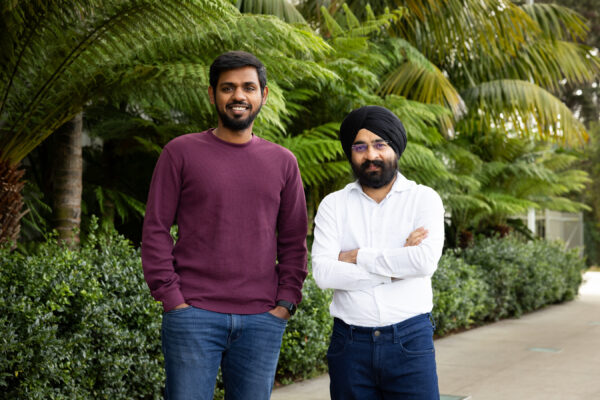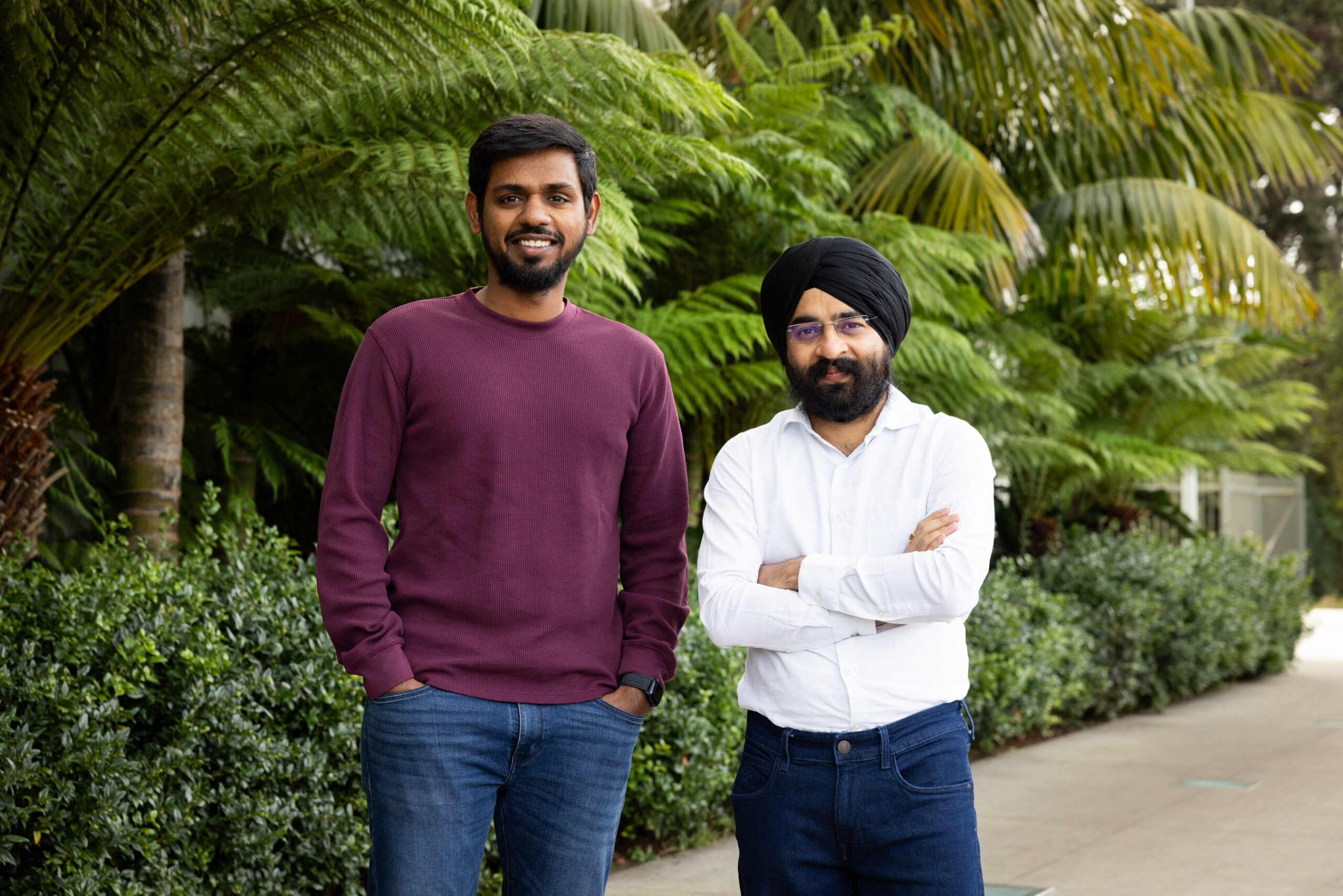In a significant development for the future of computing, German quantum computing company planqc has secured €50 million in a Series A funding round. This substantial investment, led by the European Family Office CATRON Holding and the DeepTech & Climate Fonds (DTCF), propels planqc to the forefront of the global race to develop fault-tolerant quantum computers.
Founded in 2022 by scientists Alexander Glätzle and Sebastian Blatt, planqc leverages a unique approach – individual atoms confined in crystals of light – to create qubits, the building blocks of quantum computers. This innovative method holds immense promise for overcoming scalability limitations, paving the way for more powerful and reliable quantum machines.
“Unlike most other companies, including Big Tech, we use individual atoms – confined in crystals of light – as qubits,” explains Dr. Sebastian Blatt, CTO of planqc. “This approach is the fast track to scaling the number of qubits and improving their quality, the prerequisites for being the first to deliver fault-tolerant quantum computers.”
planqc’s technology has already garnered significant attention. The company has been commissioned by the German government to deploy a 1,000-qubit quantum computer at the Leibniz Supercomputing Centre and has secured a European tender to develop a machine for the German Aerospace Center (DLR). These partnerships highlight the immense potential of planqc’s technology for scientific advancement and technological innovation.
The newly acquired funding will fuel planqc’s ambitious goals. The company plans to establish a robust quantum computing cloud service, making this groundbreaking technology accessible to a wider range of users. Additionally, planqc will focus on developing quantum software for real-world applications across diverse industries, including chemistry, healthcare, climate tech, automotive, and finance.
A Leap Forward for Quantum Computing
planqc’s success story signifies a crucial leap forward in the quest to harness the immense power of quantum computing. Their innovative approach using individual atoms offers a compelling alternative to traditional methods, potentially accelerating the development of practical and commercially viable quantum computers.
The potential impact of quantum computing is undeniable. It has the power to revolutionize various sectors, from drug discovery and materials science to artificial intelligence and financial modeling. By unlocking the potential of this transformative technology, planqc is poised to play a pivotal role in shaping the future of computing.
If you need further assistance or have any corrections, please reach out to editor@thetimesmag.com.











